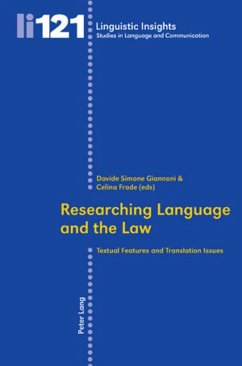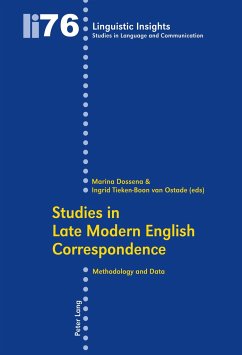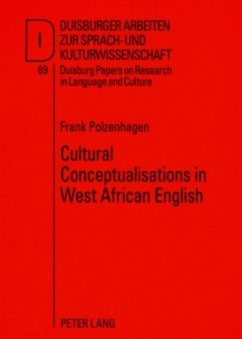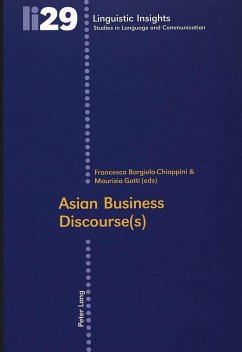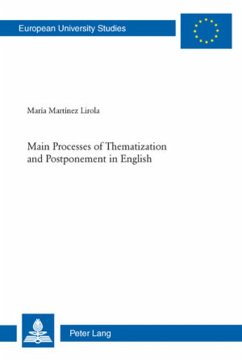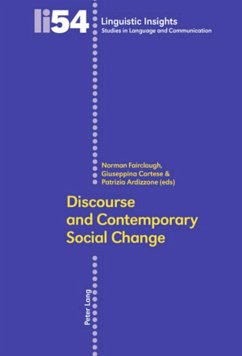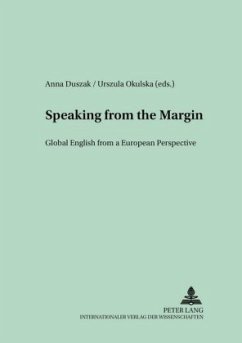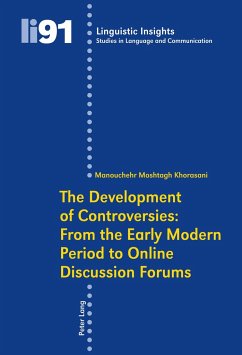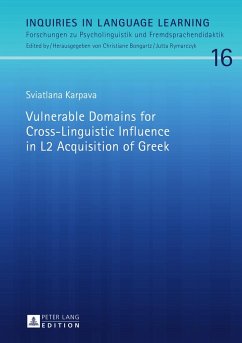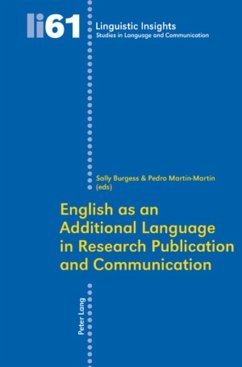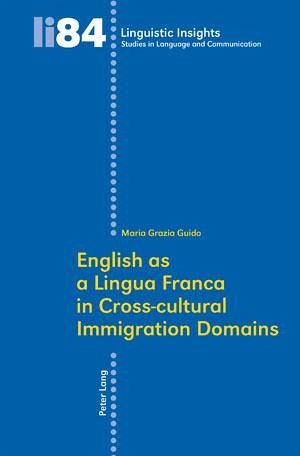
English as a Lingua Franca in Cross-cultural Immigration Domains
Versandkostenfrei!
Versandfertig in 6-10 Tagen
102,85 €
inkl. MwSt.

PAYBACK Punkte
0 °P sammeln!
This book explores the cognitive and communicative processes involved in the use of English as a Lingua Franca (ELF) within cross-cultural specialized contexts where non-native speakers of English - i.e. Western experts and non-Western migrants - interact. The book argues that the main communicative difficulties in such contexts are due precisely to the use of ELF, since it develops from the non-native speakers' transfer of their native language structures and socio-cultural schemata into the English they speak. Transfer, in fact, allows non-native speakers to appropriate, or authenticate, tho...
This book explores the cognitive and communicative processes involved in the use of English as a Lingua Franca (ELF) within cross-cultural specialized contexts where non-native speakers of English - i.e. Western experts and non-Western migrants - interact. The book argues that the main communicative difficulties in such contexts are due precisely to the use of ELF, since it develops from the non-native speakers' transfer of their native language structures and socio-cultural schemata into the English they speak. Transfer, in fact, allows non-native speakers to appropriate, or authenticate, those English semantic, syntactic, pragmatic and specialized-discourse structures that are linguistically and conceptually unavailable to them. It follows that there are as many ELF varieties as there are communities of non-native speakers authenticating English.
The research questions justifying the ethnographic case studies detailed in this book are: What kind of cognitive frames and communicative strategies do Western experts activate in order to convey their culturally-marked knowledge of specialized discourse - by using their ELF varieties - to non-Westerners with different linguistic and socio-cultural backgrounds? What kind of power asymmetries can be identified when non-Westerners try to communicate their own knowledge by using their respective ELF varieties? Is it possible to ultimately develop a mode of ELF specialized communication that can be shared by both Western experts and non-Western migrants?
The research questions justifying the ethnographic case studies detailed in this book are: What kind of cognitive frames and communicative strategies do Western experts activate in order to convey their culturally-marked knowledge of specialized discourse - by using their ELF varieties - to non-Westerners with different linguistic and socio-cultural backgrounds? What kind of power asymmetries can be identified when non-Westerners try to communicate their own knowledge by using their respective ELF varieties? Is it possible to ultimately develop a mode of ELF specialized communication that can be shared by both Western experts and non-Western migrants?





